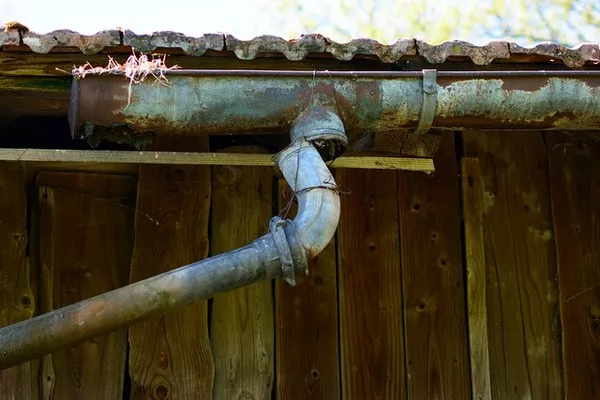A foul odor emanating from the depths of your basement can be both unpleasant and concerning. One of the most common and distressing issues homeowners face is the presence of a sewer smell in their basements. This unpleasant odor is not only a nuisance but can also be an indication of underlying problems that require immediate attention. In this article, we will delve into the various factors that can contribute to a sewer smell in basements, exploring both common issues and potential solutions.
Blocked or Clogged Drains
One of the primary reasons for a sewer smell infiltrating your basement is blocked or clogged drains. Over time, debris, hair, soap scum, and other substances can accumulate in the drains, creating a breeding ground for bacteria. As these organic materials decompose, they release foul-smelling gases that can permeate through the plumbing system and into your home.
Solution: Regular maintenance of drains is crucial to prevent blockages. Using drain strainers and periodically flushing drains with hot water and a mixture of baking soda and vinegar can help keep them clear.
Dry P-Traps
P-Traps are curved pipes installed beneath sinks, showers, and floor drains to trap water, preventing sewer gases from entering your home. If a particular drain in your basement is not used frequently, the water in the P-Trap can evaporate, allowing sewer gases to rise and permeate the air.
Solution: To eliminate the sewer smell, regularly pour water down drains in the basement to keep P-Traps filled and maintain an effective barrier against unpleasant odors.
Sewer Line Issues
Damaged or compromised sewer lines can be a major culprit behind basement odors. Cracks, leaks, or blockages in the sewer lines can release sewer gases into your home, causing a persistent and unpleasant smell. Aging pipes or invasive tree roots can contribute to these problems.
Solution: If you suspect an issue with your sewer lines, it is advisable to consult with a professional plumber. A thorough inspection, which may include a camera inspection of the sewer lines, can identify the source of the problem and guide appropriate repairs or replacements.
Vent Pipe Problems
Vent pipes play a crucial role in plumbing systems by allowing sewer gases to escape to the exterior of the home. If there is a blockage or damage in the vent pipes, these gases may be forced back into the house, resulting in a foul odor.
Solution: Inspection and cleaning of vent pipes by a licensed plumber can help ensure that they are functioning properly. Addressing any blockages or damages promptly can prevent sewer gases from infiltrating your home.
Broken or Faulty Toilet Seals
Toilets in the basement can be a common source of sewer smells if the seals are compromised. A damaged wax ring or faulty seal can allow sewer gases to escape, permeating the surrounding area.
Solution: Replacement of the wax ring or fixing the seal by a professional plumber can eliminate the odor from the basement. Regularly inspecting and maintaining toilet seals is essential to prevent future issues.
Sewer Backup
Perhaps the most serious and urgent cause of sewer smells in basements is a sewer backup. This occurs when the main sewer line becomes blocked, causing sewage to back up into the home. In addition to the foul odor, this situation poses significant health risks and requires immediate attention.
Solution: A sewer backup is an emergency that necessitates the expertise of a professional plumber. Prompt action is crucial to prevent extensive damage and ensure the safety of the home’s occupants.
See Also What Causes Sewer Gas Smell In Basement
Conclusion
A sewer smell in the basement is not just a matter of inconvenience; it can be an indication of underlying plumbing issues that require attention. Regular maintenance, prompt identification of problems, and professional assistance when needed are essential in keeping your home free from unpleasant odors and ensuring the proper functioning of your plumbing system. By understanding the causes and implementing effective solutions, homeowners can create a healthier and more comfortable living environment.

